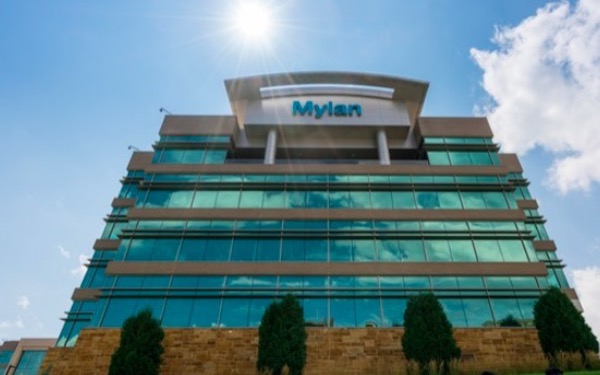
Mylan plunked down $463 million for Novartis’ cystic fibrosis products, which includes the TOBI Podhaler and TOBI solution.
Pennsylvania-based Mylan first hinted at the deal last month when it announced its quarterly financial report. The company said it had entered into an agreement at the end of July with an unnamed company for some assets. At the time, Mylan remained coy about its deal partner. Finally, though, the company broke its silence in a very brief announcement. Mylan said it anticipates paying the Swiss pharma giant approximately $240 million this year as part of the agreement. The deal was finalized on Aug. 31, Mylan said.
The acquisition of the cystic fibrosis products will “further enhance Mylan’s respiratory portfolio in the U.S., Europe and certain Rest of World markets,” the company said. Other than that, Mylan continues to remain quiet on the deal.
The TOBI Podhaler was approved by the U.S.Food and Drug Administration (FDA) in 2012. It was approved in Europe in 2011. It was approved for the treatment of lung infections in cystic fibrosis patients.
It appears that Novartis will continue to sell off some of its noncore assets, which includes the $13 billion sale of its portion of a consumer health products business it had with GlaxoSmithKline.
For Mylan, the deal with Novartis comes several months after the U.S. Food and Drug Administration rejected its Advair generic due to “minor deficiencies.” What those were, have not been disclosed. Despite that rejection of the GlaxoSmithKline generic asthma medication, the second time for Mylan, a Leerink analyst told Reuters at the time of the rejection that it’s possible the company could gain approval by year’s end. Analyst Ami Fadia said the generics are difficult to make and it’s not surprising that Mylan would go through “a couple of rounds at the FDA.” Fadia noted that Mylan could gain approval by the end of the year for the Advair generic, and if so, Mylan would remain about one year ahead of its competition.
Mylan also could see a hit from another challenge to its EpiPen. Last month the FDA gave Teva Pharmaceuticals the green light for a generic version of the EpiPen – the first generic version approved. Teva’s generic version of the EpiPen and EpiPen Jr. was approved for use in adults and pediatric patients who weigh more than 33 pounds.
Still, Mylan has seen several regulatory wins this year, including a generic version of Suboxone sublingual film for opioid addiction. The company also snagged approval for Fulphila, a biosimilar to Amgen’s Neulasta. Fulphila was approved to reduce the duration of fever or other signs of infection with a low count of neutrophils.
Source: Biospace